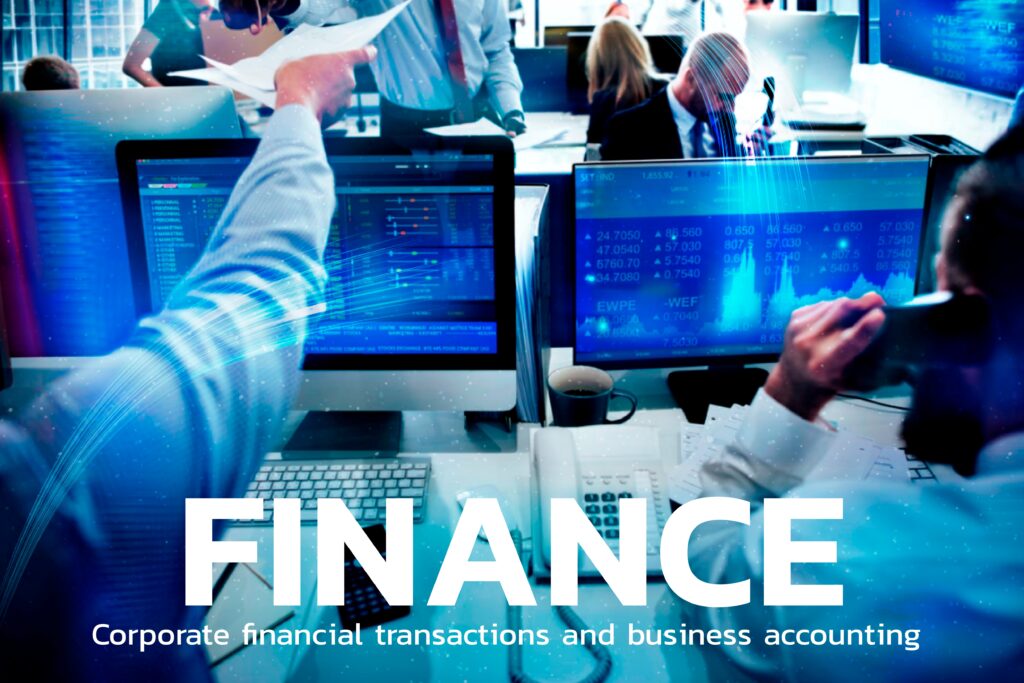Decentralized Finance, or DeFi, is reshaping the traditional financial landscape by offering innovative solutions that empower individuals to save, borrow, and invest in ways previously unimaginable. Operating on blockchain technology, DeFi platforms provide greater financial inclusivity, transparency, and autonomy. Here, we delve into how DeFi platforms are changing the way people manage their finances.
Decentralized Savings
DeFi platforms allow users to earn interest on their cryptocurrency holdings by participating in lending and liquidity provision protocols. These platforms cut out traditional intermediaries, such as banks, enabling individuals to directly earn interest and, in some cases, enjoy higher rates compared to traditional savings accounts.
Borrowing Without Intermediaries
DeFi lending platforms facilitate peer-to-peer lending, eliminating the need for intermediaries like banks or credit unions. Users can borrow assets by locking in collateral, often in the form of cryptocurrencies. This democratizes access to credit, as borrowers worldwide can obtain loans without relying on traditional financial institutions.
Yield Farming and Liquidity Provision
DeFi introduces the concept of yield farming, where users provide liquidity to decentralized exchanges or lending platforms. In return, they receive rewards, often in the form of tokens or interest. This encourages users to actively participate in liquidity provision, fostering a more dynamic financial ecosystem.
Tokenization of Assets
DeFi platforms tokenize various assets, from real estate to stocks and commodities. These tokens represent ownership and can be traded or used as collateral in DeFi protocols, making traditionally illiquid assets more accessible and transferable.
Automated Financial Services
Smart contracts automate financial services on DeFi platforms. For example, they can execute lending agreements, distribute interest payments, and even automate portfolio rebalancing. This reduces the need for intermediaries and minimizes human error.
Global Accessibility
DeFi operates on blockchain networks, which are accessible to anyone with an internet connection. This global accessibility breaks down geographical barriers, enabling individuals from all corners of the world to participate in DeFi services.
Reduced Counterparty Risk
By relying on blockchain technology and smart contracts, DeFi platforms reduce counterparty risk. The rules of a financial agreement are encoded in smart contracts, and transactions are settled on the blockchain, minimizing the risk of defaults or disputes.
Transparency and Audibility
Transactions on blockchain networks are transparent and immutable. Users can verify every transaction, ensuring trust in the system. Additionally, many DeFi platforms are open-source, allowing users to inspect the code and contribute to the development, enhancing security and transparency.
Programmable Finance
DeFi enables programmable finance, where users can create customized financial instruments and strategies. For example, users can set up automated savings plans, execute complex trading algorithms, or create custom derivatives.
Challenges and Risks
Despite its numerous advantages, DeFi is not without challenges. Smart contract vulnerabilities, regulatory uncertainties, and market volatility pose risks to users. Due diligence and risk management are crucial when participating in DeFi activities.
Conclusion
In conclusion, DeFi platforms are disrupting traditional finance by providing decentralized, accessible, and automated financial services. They empower individuals to save, borrow, and invest without relying on traditional intermediaries. DeFi’s potential to increase financial inclusivity and transparency is transformative, but it also requires users to be cautious, informed, and adaptive in navigating the evolving landscape of decentralized finance.


